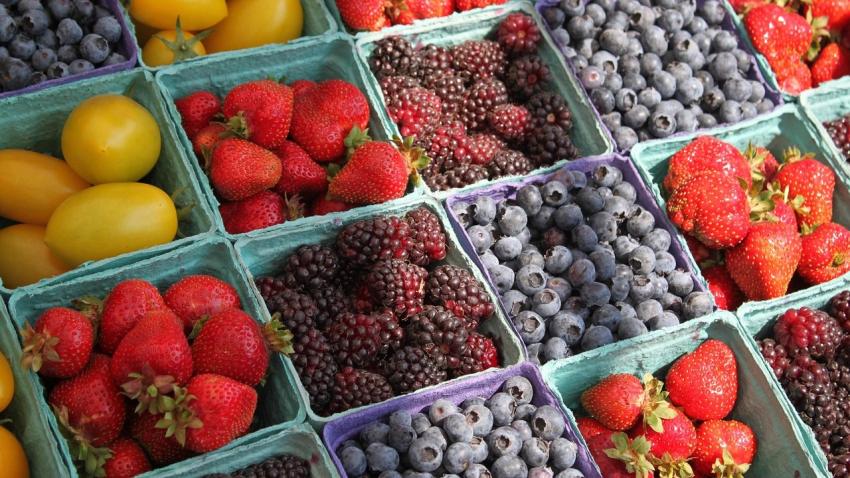You are here
Back to topCan New Zealand’s Apple Producers Weather the Storm?

According to a U.S. Department of Agriculture Foreign Agricultural Service report released on May 17, apple growers in New Zealand produced 591,200 metric tons of apples during the 2019/20 season, corresponding to a 5% increase over 2018/19 and setting a new national record. The country’s apple exports during this period hit a record 401,200 tons, with few disruptions due to COVID-19. Unfortunately, the 2020/21 season has been a different story.
Crop Damage
New Zealand’s apple crop is expected to decrease by 8% in the 2020/21 season, down to 543,000 tons. The USDA report highlighted three primary reasons for this fall in production. First, December hailstorms on New Zealand’s South Island caused severe damage to some apple orchards. Second, lower summer temperatures did not allow apples to grow to their maximum size. Third, a limited labor supply led to fewer picks, preventing apples from reaching their ideal size and quality; it is estimated that international border closures created a 20–25% labor shortfall. The combination of these factors is expected to lead to fewer apples being exported this year, with a larger share of the harvest being diverted to processing.
Braeburn and Jazz apples were heavily damaged during New Zealand’s adverse weather events. Braeburn apples, which have historically been one of the most inexpensive apple varieties, are likely to see a significant drop in future apple harvests, while newer apple varieties will continue to account for a larger percentage of total plantings. During 2020, some of these new players included Envy (8.5%), Dazzle (2.8%), Honeycrisp (1.4%) and Rockit (2.7%). The apple planting area in New Zealand increased by 270 hectares between 2019 and 2020 to a total of 10,074 hectares. In the 2020/21 season, the total planted area is projected to reach 11,050 hectares, a 3% increase relative to the 10,725 hectares estimated for 2019/20.
International Exports
For the 2020/21 season, New Zealand’s apple exports are projected to fall by 14% to a total of 345,000 tons owing to labor shortages. Delays due to COVID-19 are another major concern, with packing houses reportedly having to occasionally adjust their packaging to meet unique shipping specifications. Fortunately, there will likely be an abundance of cool storage as a result of this season’s smaller apple crop.
China remains one of the main destinations for New Zealand’s apple exports. In 2019, New Zealand exported a total of 45,015 tons of apples to China. This fell to 38,406 tons in 2020, a year-on-year decrease of 15%. However, recent quarterly statistics bear good news for New Zealand’s apple exporters. During the first quarter of 2020, apple exports to China reached 9,604 tons. This figure increased by 12.4% during the first quarter of 2021, up to 10,795 tons.
Image: Pexels
This article was translated from Chinese. Read the original article.













Add new comment